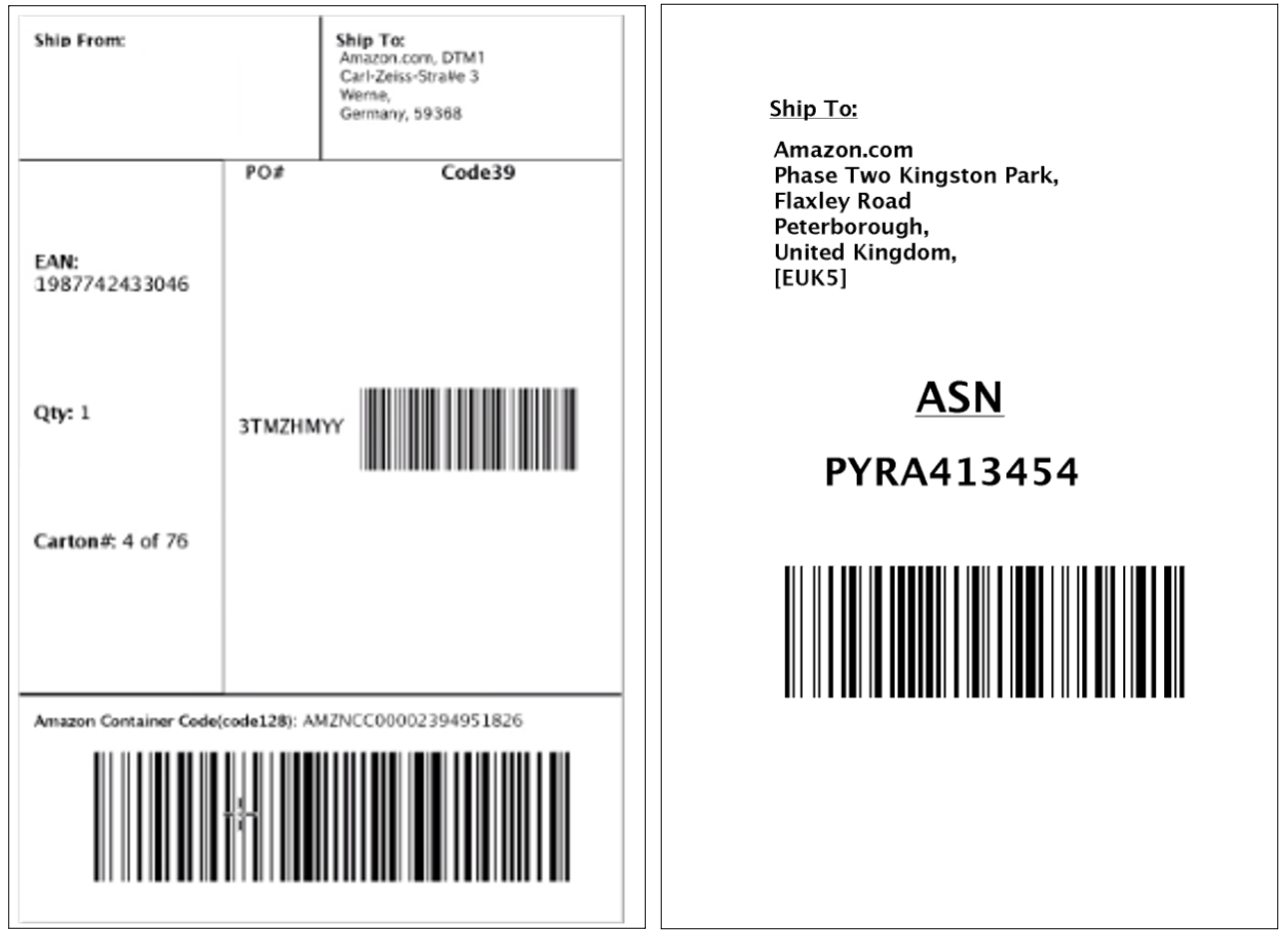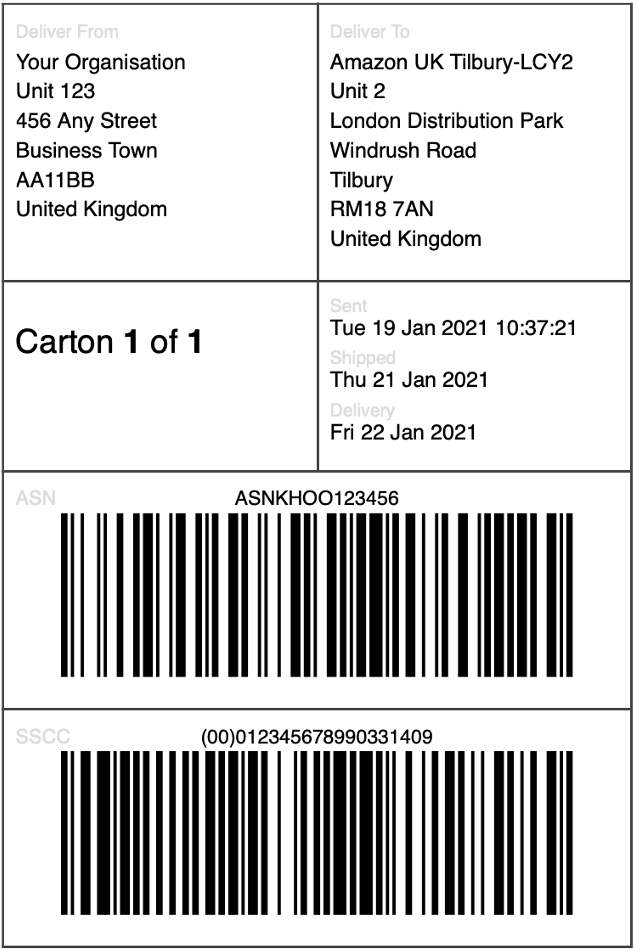Navigating Amazon's Carton Compliance: A Guide to Efficient Shipments
Introduction
With high volumes of orders being shipped to Amazon Vendor, ensuring smooth and error-free shipments is crucial for maintaining profitability and efficient shipment practises.
When it comes to selling to Amazon Vendor, understanding and complying with their carton requirements is a vital aspect that can significantly impact your bottom line. In this article, we'll delve into the importance of carton level information, the repercussions of non-compliance, and how an integrated electronic system like KhooCommerce can be a game-changer.
The Carton Compliance Challenge
Amazon's meticulous approach to receiving shipments involves capturing detailed carton-level information and employing precise box labelling. This includes order-item-quantity packing details that must be accurately recorded in their systems. For most companies, this involves manually capturing the detail on paper pick lists, and someone entering this information manually into their systems. This takes a lot of time, and failure to comply with these requirements can result in a "carton information compliance" chargeback, a financial sting at £0.12 per unit. This seemingly small charge can quickly add up, chipping away at your profits if left unaddressed.
Shortage Claims: Barcode Woes and Human Errors
To expedite the receiving process, Amazon Vendor relies heavily on barcode scanning. If your shipment's barcode is unreadable, Amazon Vendor is forced to open the box and manually receive items individually. This not only consumes valuable time but also introduces the possibility of human error.
Discrepancies between what you shipped and what Amazon received can give rise to "shortage claims," a nightmare scenario for any seller (Read more - Shortage claims, root cause analysis).
For a large account, shortages can easily add up to be $100000s each year.

Above: An example AMZNCC label and ASN label that must be attached to each carton to send in a shipment to Amazon Vendor
Client Success Story: 83% Fewer Claims with KhooCommerce
The power of KhooCommerce in mitigating the challenges of Amazon's carton compliance is best illustrated through a success story. One of our clients implemented KhooCommerce and experienced a remarkable 83% reduction in shortage claims compared to the manual method of making ASN labels. By automating carton-level information and ensuring barcode accuracy, they not only avoided chargebacks but also streamlined their operations, resulting in significant cost savings and improved profitability.

Above: An example SSCC label (which combines the ASN into the same label) and is fully license plate receive compliant.
The Solution: KhooCommerce and EDI Integration
KhooCommerce is an integrated electronic system designed to streamline your e-commerce operations. Utilising Electronic Data Interchange (EDI), KhooCommerce ensures seamless communication between your business and Amazon Vendor. Here's how it can make a difference:
1. Automated Carton Compliance:
KhooCommerce automates the process of capturing and transmitting carton-level information, ensuring compliance with Amazon's requirements. This reduces the risk of chargebacks and frees up your team to focus on strategic tasks.
2. Barcode Accuracy:
By integrating with KhooCommerce, you enhance barcode accuracy, minimising the chances of Amazon Vendor having to resort to manual handling. This not only speeds up the receiving process but also reduces the likelihood of human errors. All our EDI and barcodes are GS1 approved.
3. Time saving in Order processing:
By bulk processing orders and fully integrating systems, huge amounts of time can be saved in your operational process.
Conclusion
In the dynamic world of e-commerce, efficiency is the key to success. Navigating Amazon's carton compliance requirements can be challenging, but with the right tools, you can turn this challenge into a breeze and scale without hinderance. Investing in an integrated electronic system like KhooCommerce and embracing EDI can pave the way for smoother operations, reduced chargebacks, and a more profitable e-commerce journey.